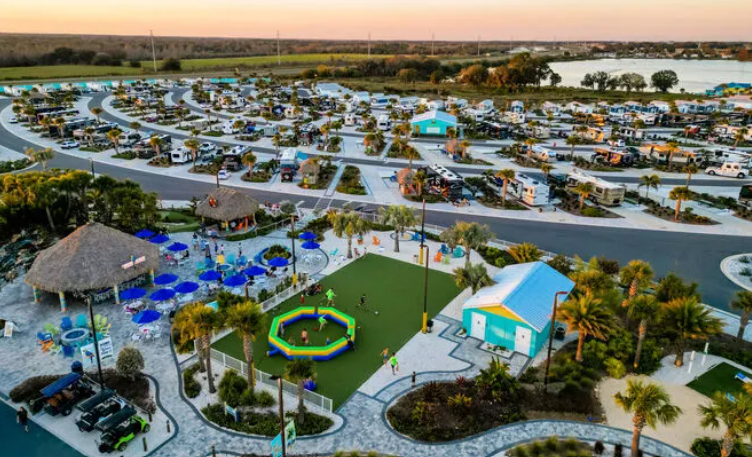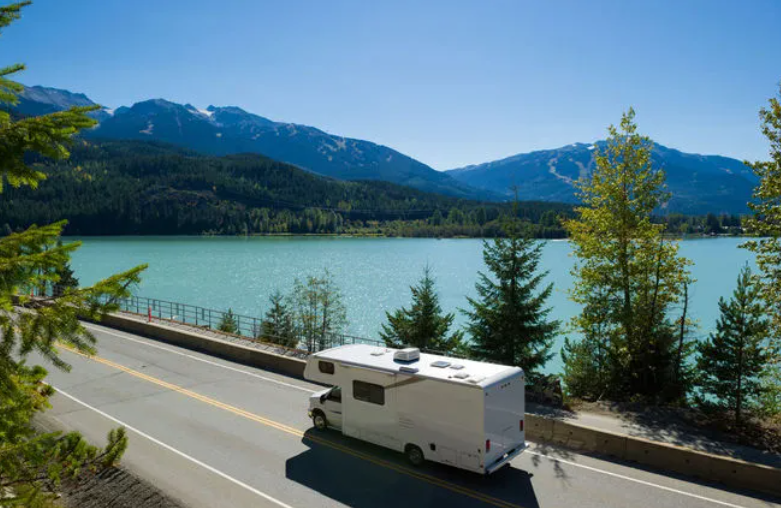Camping in Massachusetts offers a rich and diverse experience, from tranquil forest retreats to scenic coastal getaways. With over 30 state parks offering camping facilities, the state attracts thousands of outdoor enthusiasts each year. For those considering a pop-up tent, it’s essential to understand how this convenient option fits into Massachusetts’s camping regulations and unique environments.
What is a Pop-Up Tent?
A pop-up tent is a lightweight, portable shelter designed for quick and easy setup. Unlike traditional tents, which often require poles and time-consuming assembly, pop-up tents spring into shape within seconds once removed from their carrying case. They are perfect for beginner campers or those looking for a hassle-free experience. However, while they excel in convenience, their durability and weather resistance can sometimes fall short—especially when faced with harsh weather conditions.
Camping Regulations in Massachusetts
Before heading out with your pop-up tent, it’s important to be aware of Massachusetts’ camping rules, which are overseen by the Department of Conservation and Recreation (DCR). Some key regulations include:
⦁ Campsite Occupancy: A maximum of four adults, or two adults with children, are allowed per campsite.
⦁ Camping Equipment Limitations: Each campsite generally permits up to two tents or one tent alongside a recreational vehicle (RV).
⦁ Stay Duration: From Memorial Day through Labor Day, campers can stay for up to 14 cumulative days.
⦁ Quiet Hours: Enforced from 10 p.m. to 7 a.m. Generator use is prohibited during these hours unless required for medical reasons.
⦁ Campfires: Fires are allowed only in designated areas and must be extinguished by midnight.
For full details, you can visit the official Massachusetts State Parks Camping page.
Is a Pop-Up Tent Suitable for Camping in Massachusetts?
The suitability of a pop-up tent for camping in Massachusetts depends on several factors:
1. Weather Conditions Massachusetts’s weather can be unpredictable, with sudden rainstorms and strong coastal winds. Pop-up tents, while convenient, may not provide the best protection during extreme weather. It’s crucial to invest in a high-quality pop-up tent with a strong rainfly and sturdy stakes to withstand unexpected conditions.
2. Campsite Terrain The state’s campgrounds vary from sandy beaches to dense forests. Pop-up tents work best on flat, well-drained ground. If you plan to camp in an area prone to rain, bringing a waterproof tarp for extra ground cover can help keep moisture at bay.
3. Length of Stay If you’re camping for a short weekend trip, a pop-up tent can be ideal. However, for longer stays or remote locations, a more robust, traditional tent might offer better comfort and durability.
Recommended Campgrounds for Pop-Up Tents

Massachusetts boasts numerous campgrounds suited for tent camping. Here are a few that work well for pop-up tent enthusiasts:
⦁ Nickerson State Park (Brewster): Located on Cape Cod, this park offers over 400 campsites among pine forests and kettle ponds. The well-drained sandy soil provides a stable base for pop-up tents.
⦁ Myles Standish State Forest (Carver): As the largest publicly owned recreation area in southeastern Massachusetts, this forest offers diverse terrains and multiple ponds, making it a great spot for pop-up tent campers.
⦁ Mohawk Trail State Forest (Charlemont): Situated in the Berkshire Mountains, this forest offers a rustic camping experience with secluded tent sites surrounded by towering trees. Perfect for those seeking peace and quiet.
Tips for Using a Pop-Up Tent in Massachusetts
To ensure a comfortable and safe camping experience, consider these tips:
1. Prepare for Weather: Always check the weather forecast and reinforce your tent’s rainfly and stakes.
2. Choose the Right Spot: Opt for elevated campsites to prevent water pooling and avoid setting up directly under large tree branches.
3. Bring Extra Cover: A tarp or canopy can provide additional protection from rain or sun.
4. Practice Setup: Familiarize yourself with how your pop-up tent works at home before heading out.
5. Store Food Securely: To deter wildlife, use bear-proof containers or store food in your vehicle—not inside your tent.
Conclusion
So, is a pop-up tent okay for camping in Massachusetts? The answer is yes—provided you plan accordingly. While pop-up tents offer quick setup and convenience, they come with certain limitations, especially in challenging weather. By choosing suitable campgrounds, preparing for the elements, and following Massachusetts camping regulations, you can enjoy a safe and memorable outdoor experience.
For more information on campgrounds and reservations, visit the Massachusetts State Parks camping portal.
Happy camping!






